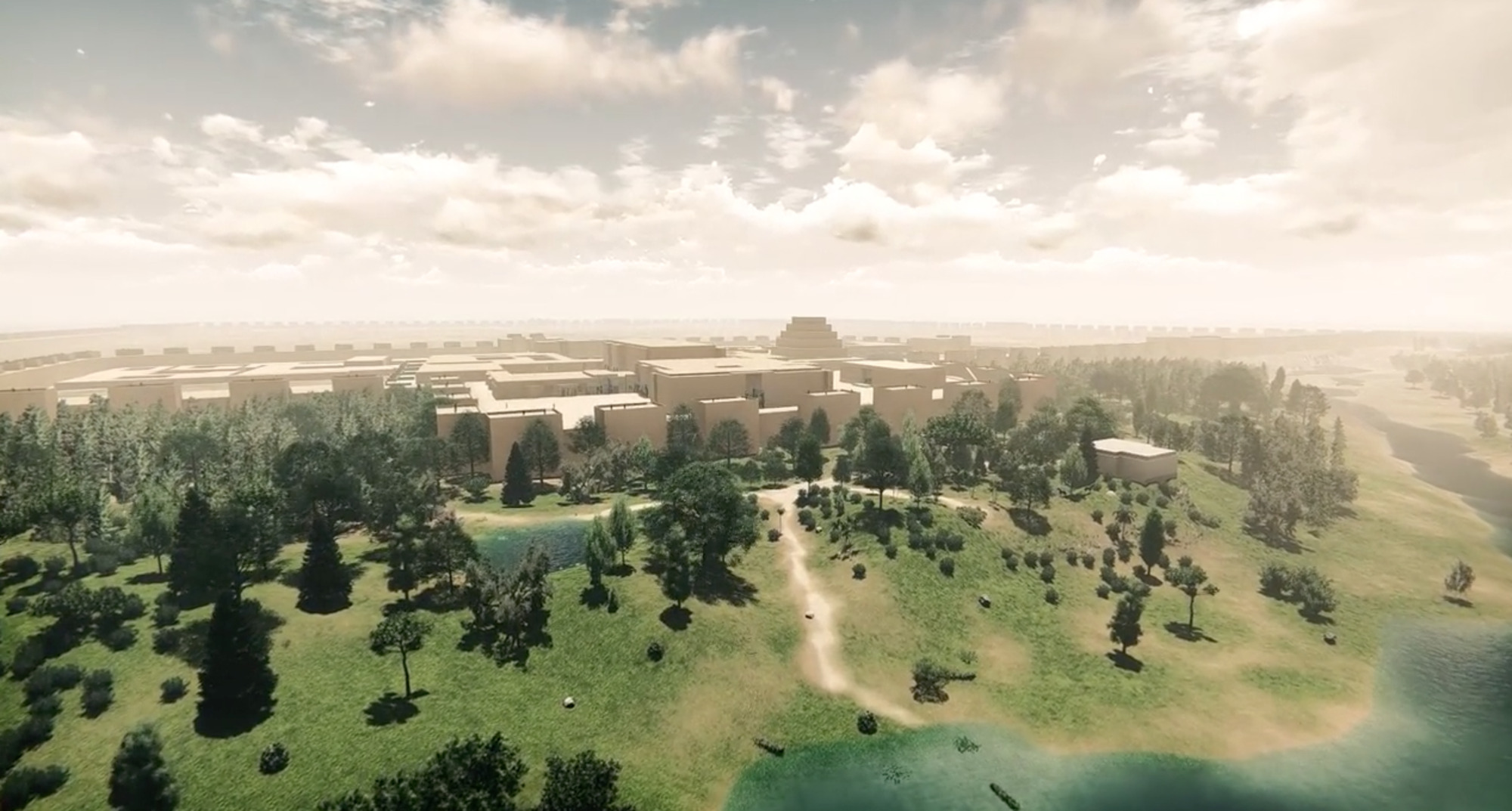
- Home
- Explore the site
- Sargon’s reign
- A wily politician
Political support
To justify his accession to the throne, Sargon claimed that Salmanazar V had been deposed by the gods for imposing forced labour and taxes on the inhabitants of the holy city of Ashur. Sargon relieved Ashur and Harran of their obligations and enlisted the support of their clergy and elites. He based his strategy on religious power and took a markedly different approach to his predecessors, which suggests he may once have held a religious office.
Economic strategy
The privileges granted by Sargon were partly politically motivated. When he was proclaimed king of Babylon in 709 BCE, he cancelled the debts of its inhabitants. This, however, led to protests from the Babylonian landowners to whom they were endebted and who had lost out financially. While presenting himself as a benefactor of Babylon, Sargon weakened the city's economic elites to the advantage of its clergy, on whom he relied locally to maintain his influence.
Foreign policy
Although Sargon, like his predecessors, subdued many peoples and deported prisoners, he did not seek to systematically intimidate neighbouring powers, preferring to secure the loyalty of foreign rulers: he organised a banquet in honour of the king of the Mannaeans during his eighth military campaign and married one of his daughters to the king of Tabal. The peace treaty of 709 BCE granted to King Midas of Phrygia, who had plotted against him, was also part of this strategy. So it was in the interests of foreign kingdoms to ally themselves with him.
Associated media
Open Media Library
